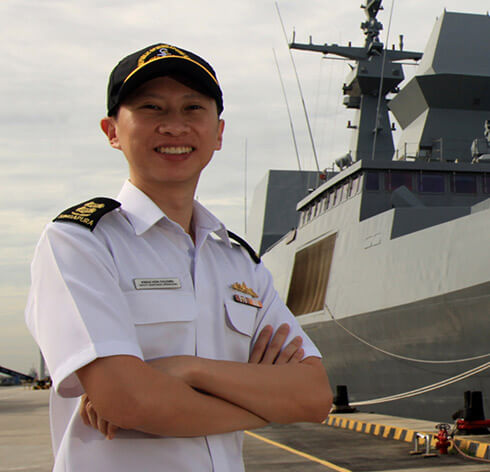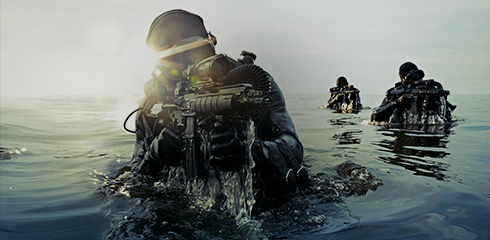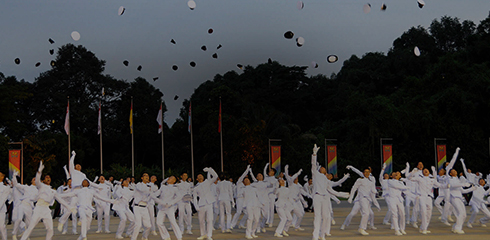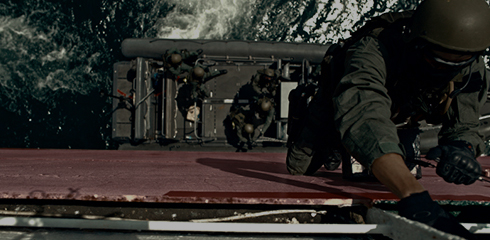After I first attended the SAF career seminar, I became more aware of the Navy's daily work. Everyone kind of knows about the Army because most boys enlist and have plenty of stories to tell about donning green and going into the jungle; every Saturday in the build-up to National Day, I'd run out of the house to watch the fighter jets zoom by when I heard the deafening roar. But I'd never even seen a Navy ship.
I knew Singapore was an island, surrounded by waters. I'd learnt about the Pedra Branca conflict at school. The fact that most of our trade flows through the sea was nothing surprising to me. But somehow, it’d never occurred to me how crucial the Navy is to Singapore.
After the career seminar, I spent the evening trawling Google to learn more about this "hidden" work. The more I Google-d, the more I was convinced that the Navy is a service of such great value both in peace and in crisis. I became more conscious of the fact that the sea lines of communication are our tiny island-nation's lifeblood. If I wanted to find meaning in my job, I thought to myself that I'd surely find lots in a Navy career.
I now serve as an Operations Officer on board a Formidable-class frigate. Functionally, I am the Principal Warfare Officer and I lead the ship (and force, when required) to deal with the Surface and Sub-Surface Warfare environments. Of course, this doesn't come naturally to me or the ship so I have to plan required training to reach the standard where the team can be confident of achieving the mission outcomes. On a day-to-day basis, I help to plan for these trainings to happen both ashore and at sea. When tasked, I also plan for foreign sailings and do other developmental work for the ship or squadron.
I had the immense privilege of representing Singapore in the UK-based International Principal Warfare Officer course. Joining the course as a fairly junior Naval Officer with classmates who had many more years of experience under their belt was a daunting prospect. But they taught me so much, and the instructors also opened my mind to many new ways of thinking about the way we fight.
As with most other work places, I imagine that the culture is very much dependent on the people in the immediate work environment. But in my shipboard tours, I've found a strong bond amongst the fun-loving ship crew. I've always been surrounded by people who put others' needs first and rise to the occasion in order to maintain our operational readiness. I've witnessed, time and time again, the crew put in long hours of hard work to ensure the ship achieves the highest standards. And despite having so many things to manage, my ship crew still seem to find time to take care of me and nag me about the smallest things like eating meals on time!









